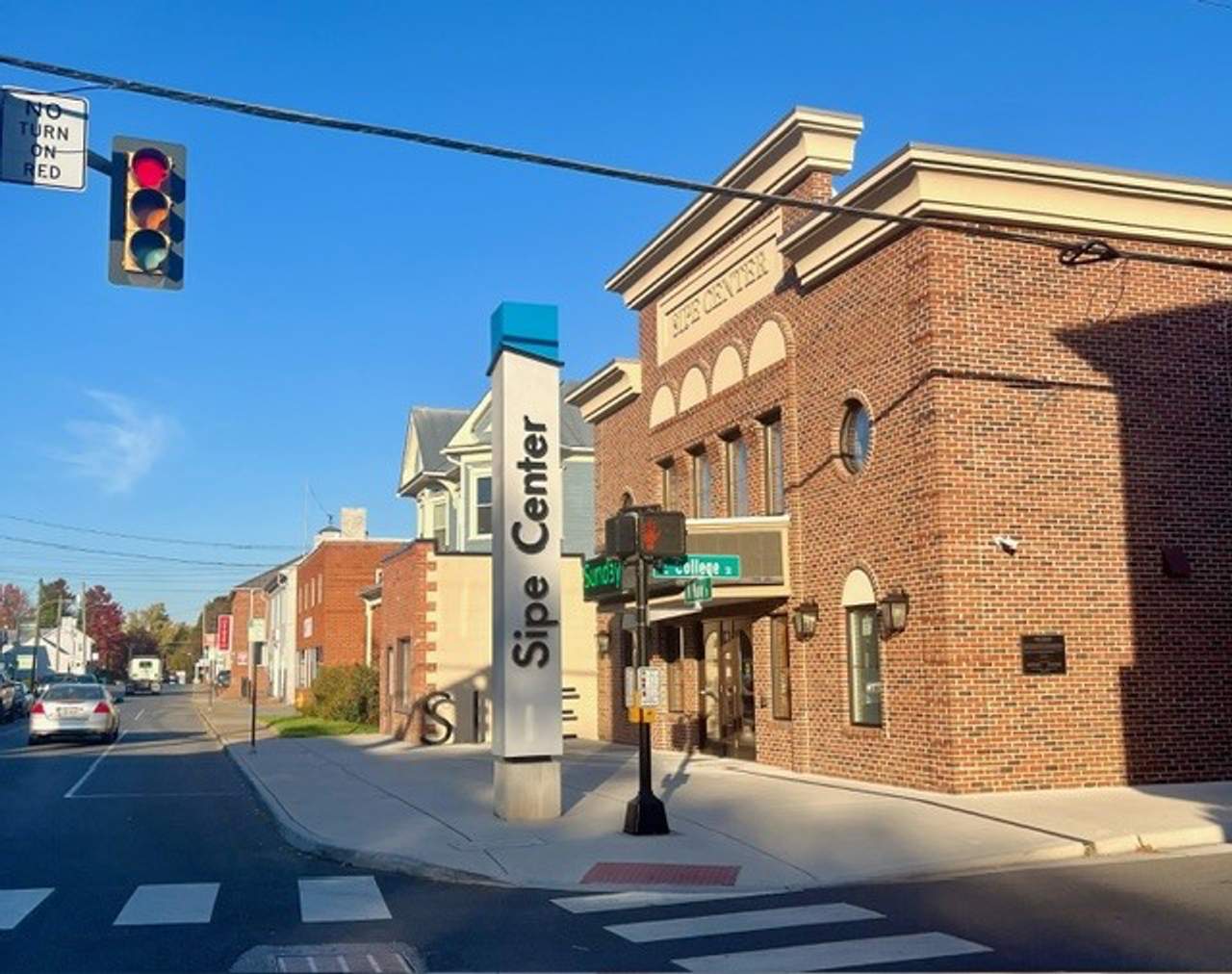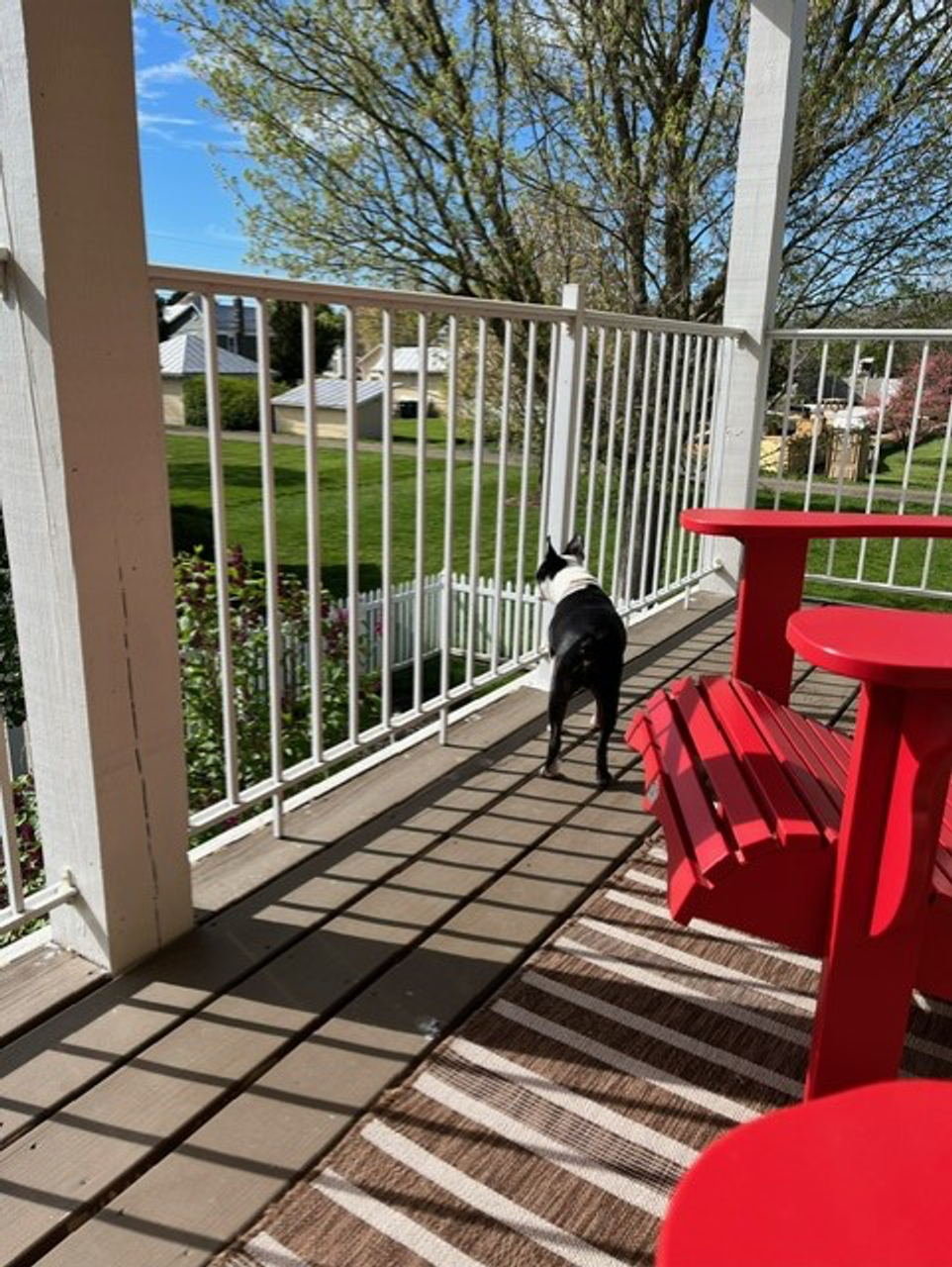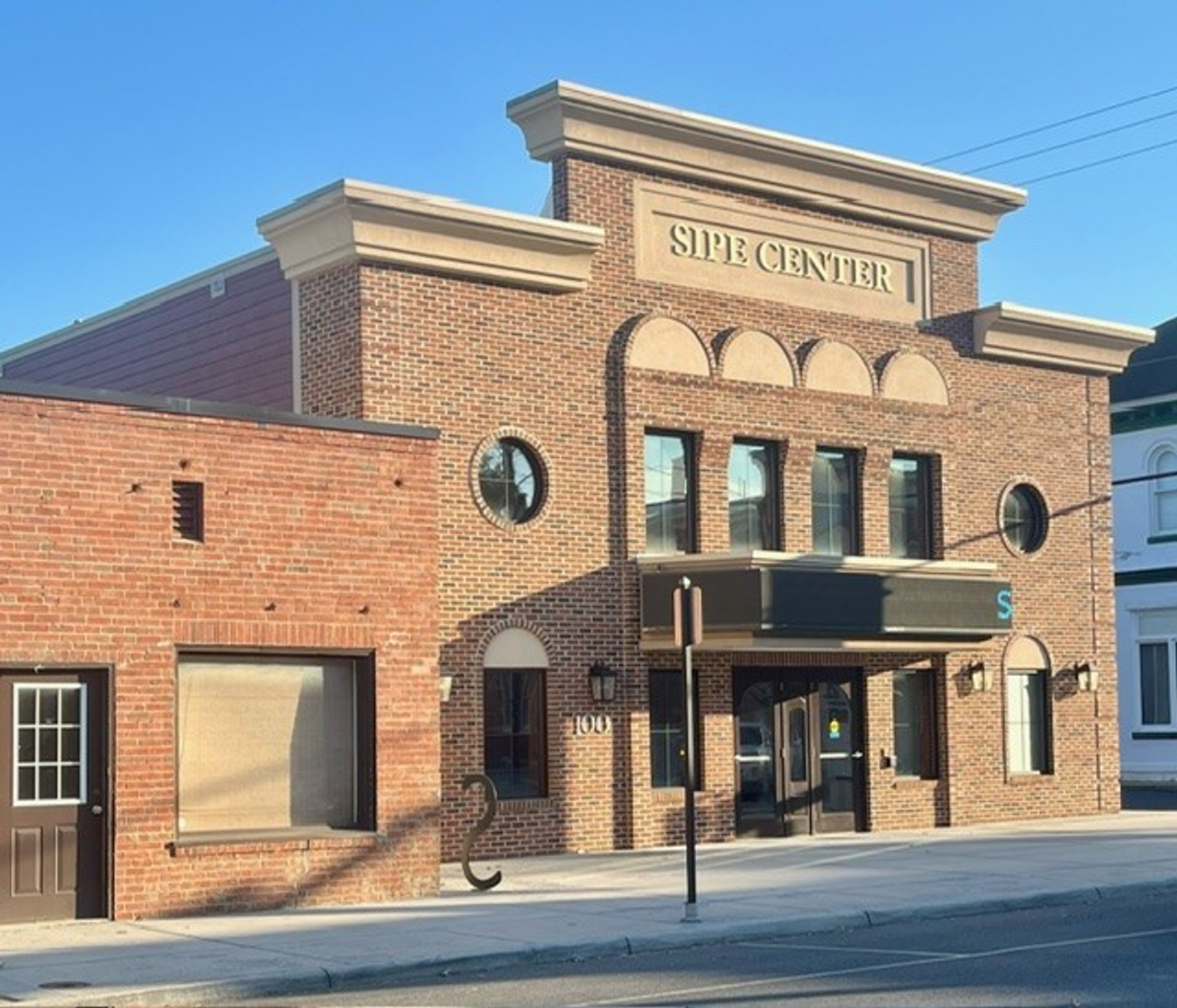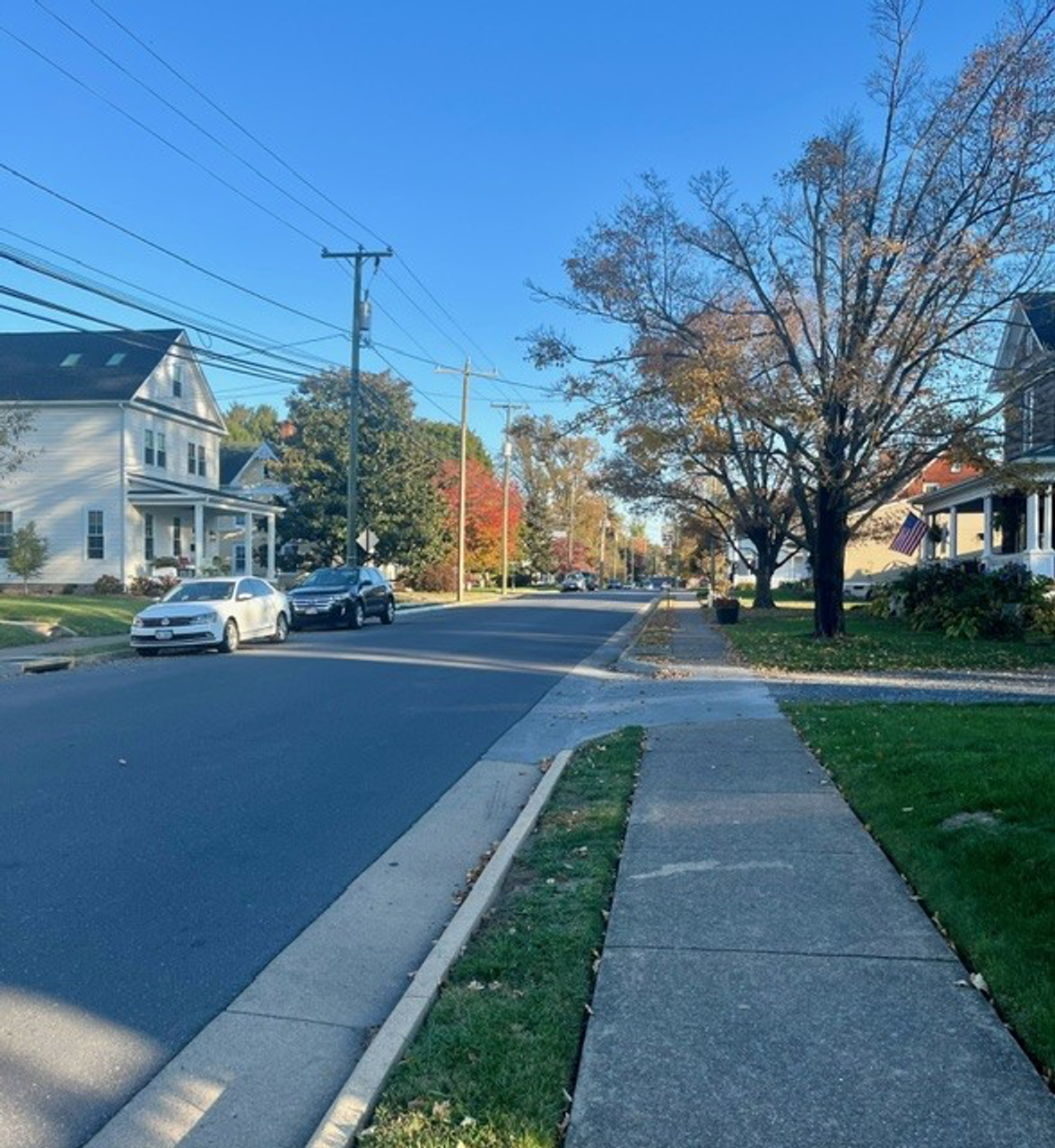Small Town Dispatches: Leona Sevick
by Leona SevickWelcome to Small Town Dispatches, a new feature on The Peak that recognizes the efforts of sustaining a writing practice in places with unconventional resources. Writing can be deeply isolating, especially when you live outside of cities that are seen as cultural epicenters. So here, Special Features Editor Nadeen Kharputly interviews Shenandoah contributors to gain insights about what it’s like to live in small towns (and towns that feel small): rural areas, college towns, islands, hamlets, and more.
Writer: Leona Sevick
Town: Bridgewater, Virginia
Bio: Leona Sevick’s recent work appears in Orion, Birmingham Poetry Review, Blackbird, The Southern Review, and The Sun. Leona serves on the advisory board of the Furious Flower Black Poetry Center and is provost and professor of English at Bridgewater College in Virginia, where she teaches Asian American literature. She is the 2017 Press 53 Poetry Award Winner for her first full-length book of poems, Lion Brothers. The Bamboo Wife is her second book of poems. You can find Leona on Facebook, Instagram, and Twitter.
Tell us about your small town—how small is it?

Bridgewater’s population is right around 7,000, and a good portion of our residents live at the local retirement community. Our small college fills the town during the academic year, and in the summers and during the holidays it’s relatively quiet.
What makes your town a unique place for your writing practice?
I walk to and from the small, private college where I work, and I often think through lines and poem ideas as I walk. It’s also a beautiful, safe running town. There is a three-mile loop free of traffic that takes me around campus and along the North River behind our football and softball stadiums, and the run is varied with some long hills and plenty of flat areas. I think about lines when I’m running, too.
Do you have a favorite writing spot?

I love to write on my second story porch, where my red Adirondack chairs make a comfortable perch away from the noise of my household. I can look over our little garden where the dog roams, and he wonders where I am when I call to him. I can see into the tidy, colorful backyards of our neighbors. There is a lane that runs behind the house, and people walk their dogs along it. It’s very peaceful. The main portion of the house itself was built during Reconstruction, and at the turn of the century it was moved from its location on Main Street. It served originally as a post office on the ground floor and as a doctor’s office on the top floor. These former uses might explain the house’s eight doors, three of which open onto my second story porch.
How do you build community with other writers or creatives in your town?
The college offers lots of opportunities for connections to writers and artists. We have a good art gallery right on campus, and I have a hand in inviting writers like James McBride, Dorianne Laux, and Greg Pardlo to speak and sign books on our campus. Living a stone’s throw from the college means that I often run into my creative colleagues. One of my neighbors is a sculptor, and when we meet one another walking to and from the college, we talk about our current projects, residencies we’re applying for, and of course our dogs.

In town we have a fairly recent addition of a small performing arts space that seats about a hundred people. Just a few months ago David Sedaris read there—the smallest venue I’ve ever seen him perform in. I got to connect with friends who appreciate his work.
While we don’t have a bookstore in our town, the next town over just opened a gorgeous independent bookstore. I launched my new book, The Bamboo Wife, there this past summer, and many of my neighbors, colleagues, and students came to the event.
What do you appreciate most about where you live?

I can walk everywhere: to work, to the post office, to sporting events, to bars, to the gym, and to the wellness center in town where I teach yoga every Monday night to a group of local women. There isn’t too much variety in places to go here, but I kind of like it that way. Fewer choices means less decision time; I like the simplicity.
And while it may be safe to say that friendliness is endemic to the South, I find the residents of this town to be very friendly. People ask, “How are you?” and really seem interested in the response.
What are some of the challenges of living there?
I grew up in a town half the size of Bridgewater, and so I suppose I’m inured to some of the challenges of living in this town. However, there is a feeling I get sometimes that I’ll always be an outsider because I did not grow up “in the [Shenandoah] Valley.” When people ask me how I like living in “our” small town, assuming, perhaps, that I came from some unnamed city, I say “I’m from a small town. Just not this small town!” The bite here is lost on most.
Can you share any writing advice that’s inspired by your living situation?
A small town affords a writer many things. The slowness of a small town gives me the mental space to think through words before I commit them to my laptop screen. I know that for some people, moving to a small town feels like cultural impoverishment. Many writers (I include myself) are cultivators of particular habits. But we are also adaptive creatures. Learn to write wherever you find yourself, and embrace the gift of slowness!
